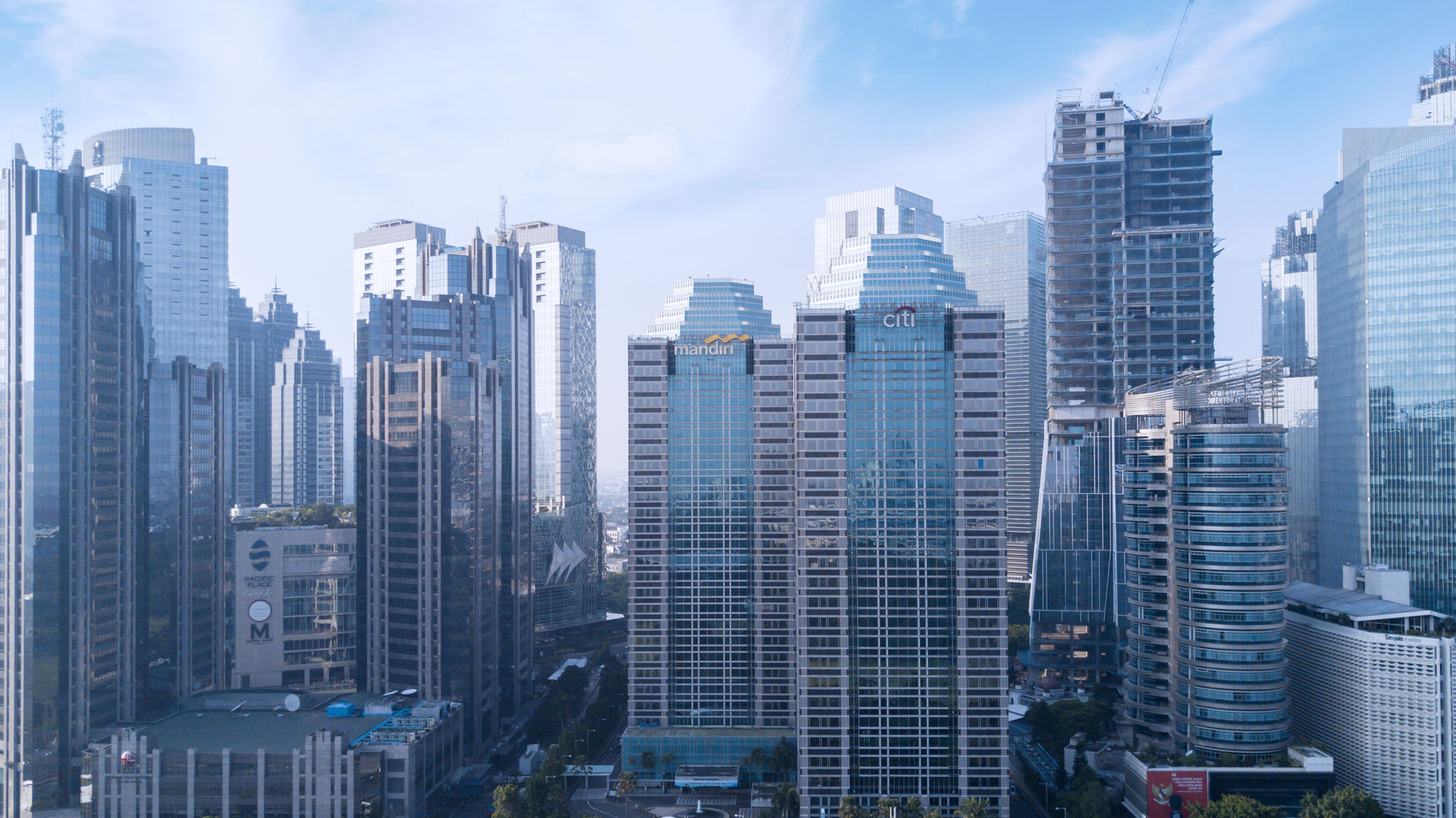10 September 2020
The mining industry in Indonesia is regulated by way of mining laws. The main regulation is Law 4/2009 on Coal and Mineral Mining (Law 4/2009), which is further implemented by various regulations and decrees issued by:
-
the central government;
-
the Ministry of Energy and Mineral Resources (MEMR); and
-
regional governments at the provincial and regency or municipal levels.
There are three types of mining permit under Law 4/2009, namely:
-
a mining permit (IUP);
-
a small-scale mining permit (IPR); and
-
a special mining permit (IUPK).
An IUP is granted for mining activities undertaken in a mining business permit area (WIUP), while an IUPK is granted for activities carried out in a special mining permit area (WIUPK). In addition, MEMR Regulation 7/2020 on the Procedure for the Granting of Areas, Licensing and Reporting of Coal and Mineral Mining Business Activities (MEMR Regulation 7/2020) recognizes a mining services business license (IUJP).
To reflect the different stages of mining activity, IUPs and IUPKs are divided into:
-
an exploration IUP (IUPE) and an operation production IUP (IUPOP); and
-
an exploration IUPK and operation production IUPK (IUPKOP).
Based on MEMR Regulation 7/2020, the types of business licenses for mineral mining are the IUPE, the exploration IUPK, the IUPOP, the IUPKOP, the IUPOP specifically for processing or refining, or both, the IUPOP specifically for transportation and sales and the IUJP.
Unlike the licensing system, a contract of work (CoW) is a contract entered into by a foreign investor with the government as the basis for the investor to carry out mineral mining business activities. When Law 4/2009 came into force, all mining authorities had to be converted into IUPs, while CoWs are honored until their expiration. The draft Amendment to Law 4/2009 (the Mining Law Amendment) guarantees the continuation of the mining operations of CoW holders through the granting of an IUPK for the Continuation of Contract of Work and Coal Contract of Work, subject to the fulfilment of certain requirements. The granting of this license, however, is subject to tax, non-tax state revenue or the adjustment of total area to increase state revenue from the mining activities, or a combination of these.
Under Law 4/2009, the MEMR, governors, regents and mayors, according to their respective authority, are authorized to issue IUPs, IUPKs and IPRs. However, under the Mining Law Amendment, the authority to issue licenses falls with the central government, except for the rock mining license (SIPB) for the mining of rocks, where the central government will delegate its authority to the relevant provincial government.
The Mining Law Amendment requires that every mining business activity be carried out based on business licensing by the central government in the form of
(1) business identification numbers,
(2) standard certificates or
(3) licenses, or a combination of these.
In addition to the three types of licenses under Law 4/2009, the Mining Law Amendment introduces several additional licenses in the mineral and coal mining sector, namely:
(1) the SIPB;
(2) the assignment license for radioactive minerals;
(3) the transportation and sales license for the purchase of mineral and coal mining commodities;
(4) the IUP for sales; and
(5) the IUPK for the continuation of contract of work and coal contract of work.
For Further Information, please contact:
Fitriana Mahiddin, Partner,
Soewito Suhardiman Eddymurthy Kardono
fitrianamahiddin@ssek.com


.jpg)




